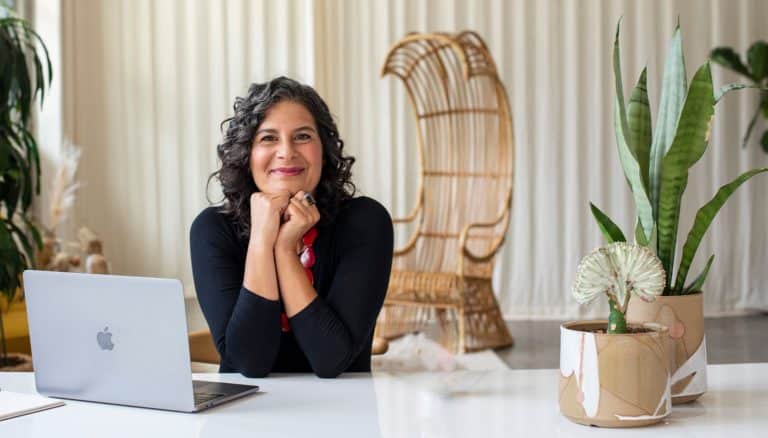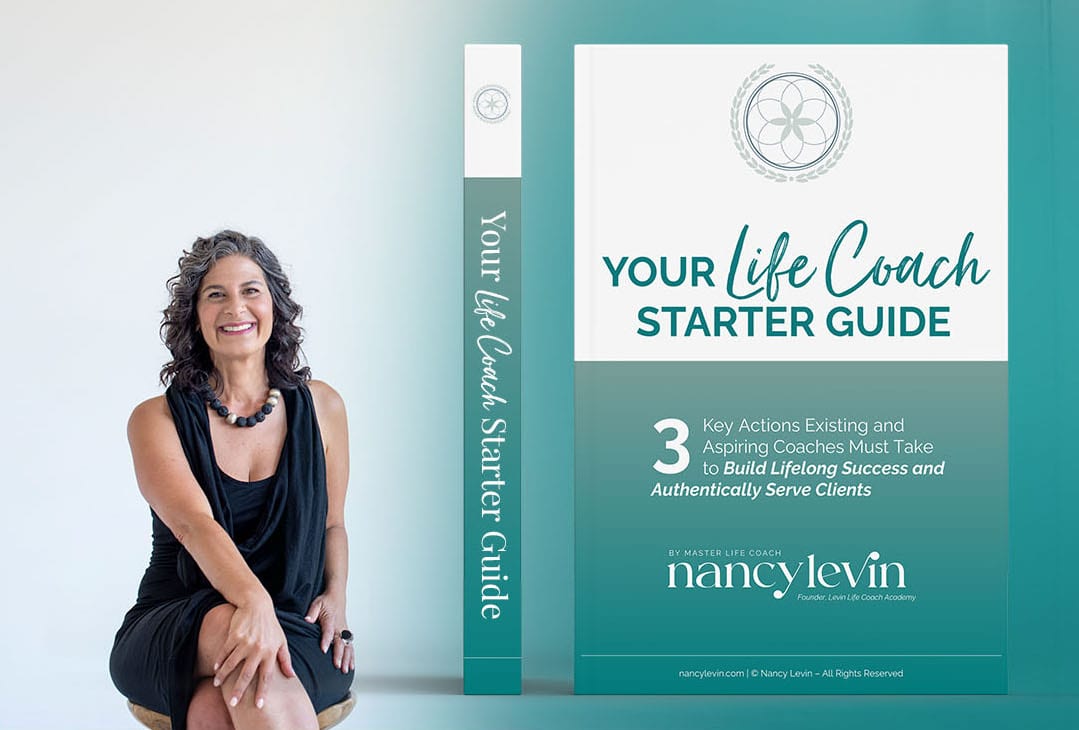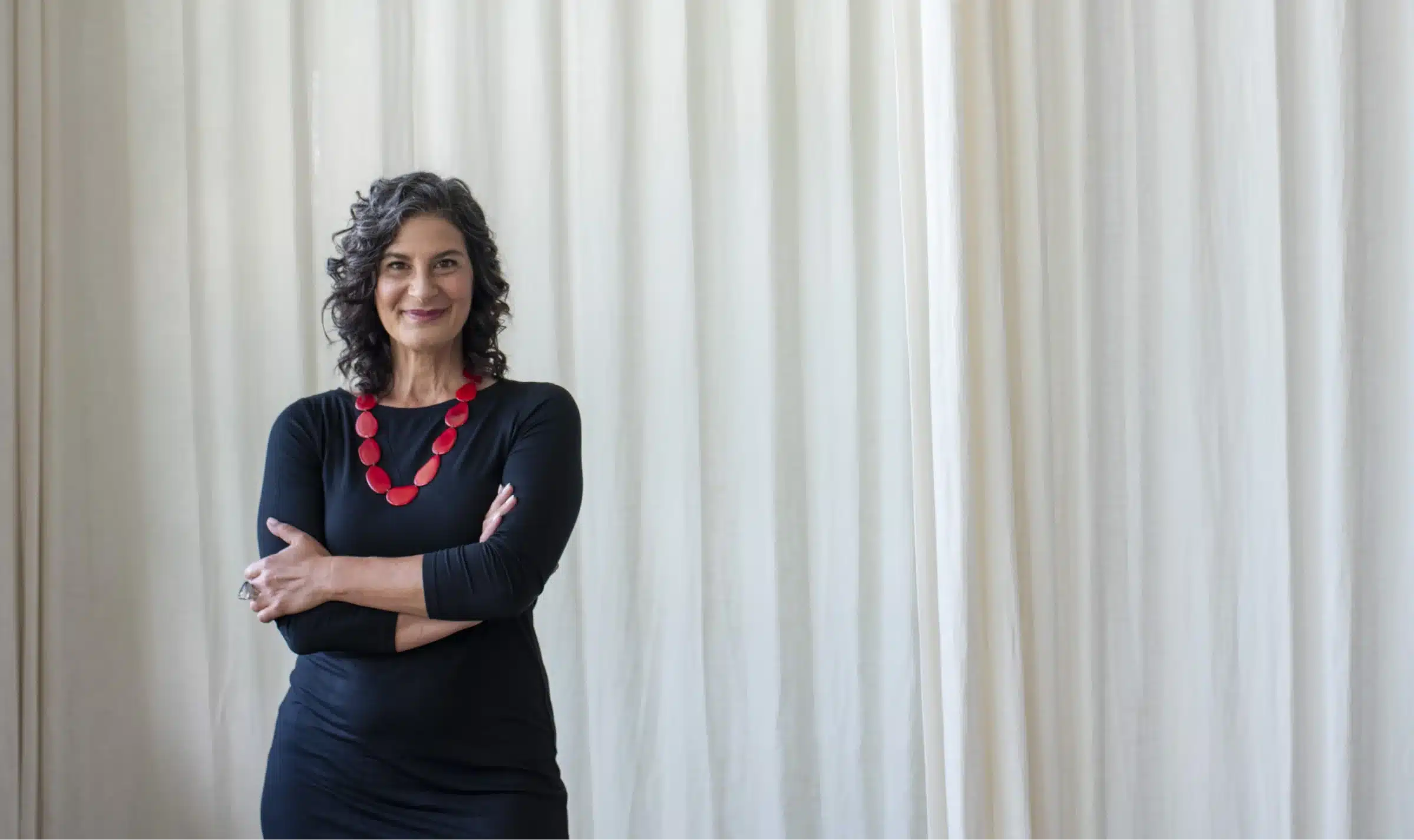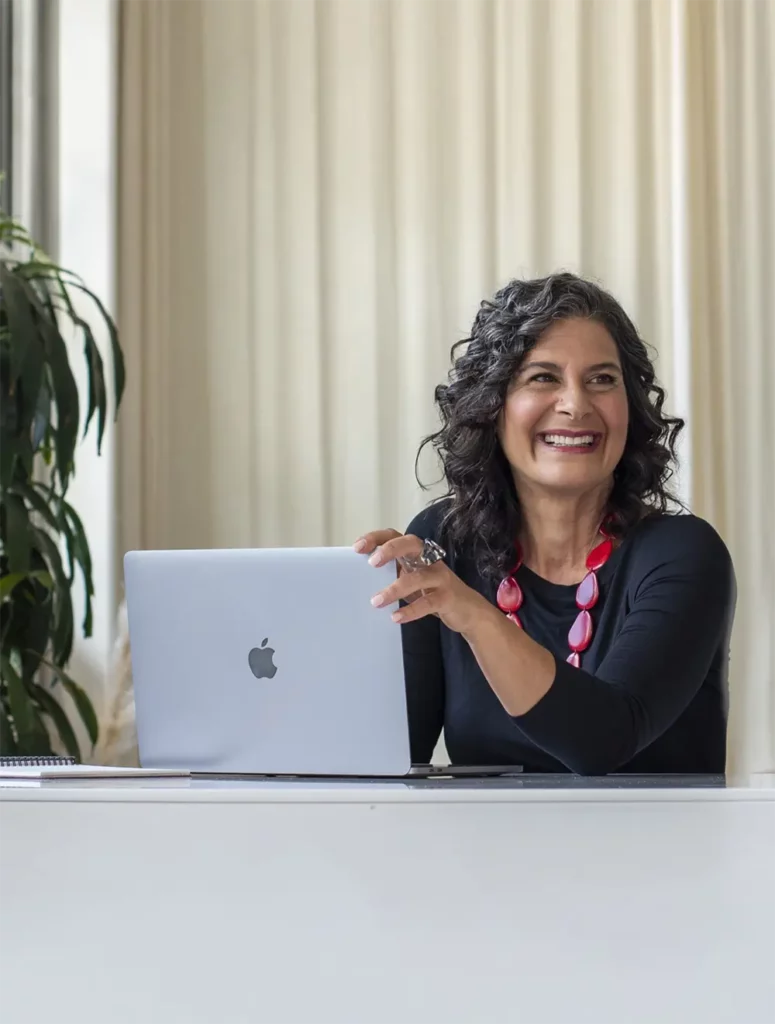I’m not a CPA or a financial advisor. I’m no economics wizard. But I’ve lived the steps in my latest book, Worthy: Boost Your Self Worth to Grow Your Net Worth. That doesn’t mean I’m “Miss Perfect” when it comes to my self-worth or my relationship with money. This is a lifelong process, so I’m still working on both, believe me! But my self-worth and my patterns around money have made a 180-degree turn, a far cry from where I started.
Between undergraduate and graduate school, I lived in New York City for five years. I was completely self-supporting during that time. Many people admired my independence, given how much it costs to live in NYC and the fact that my parents probably would’ve helped me out if I’d asked. But while my independent streak is a virtue on one side, the flip side is that I have an underlying belief that no one will ever take care of my wants and needs. As illogical as it was, my limiting belief during those years was that I had no choice but to be independent.
In literally less than 24 hours after moving from New York City to Boulder, Colorado, I met the man who would become my husband. He was charming, sweet, and ruggedly handsome. And beneath his masculine bravado, the unspoken message from his psyche was, “I’m broken.” My unspoken response? “Great! I’m Superwoman. I will fix you.”
I drew a man toward me who was not only unable to take care of my wants and needs, but who was also unable to take care of his own. He was financially dependent upon me. When I met him, he had just moved back to town and didn’t yet have a bank account. I’ll never forget the day he walked through the door and gave me his first paycheck from his new job. “Can you deal with this?” he asked. Less than two weeks after we met, I was already managing his money. He was the kind of person who never looked at his bank statements, while I’m the kind of person who balances her checkbook down to the penny.
As our relationship progressed, he was in and out of jobs and not terribly interested in working. Meanwhile, I was busy building my career as an event producer, traveling and working for different organizations around the country. By the time I landed my job as event director at Hay House in my mid-30s, my career was in full swing. I was doing work I loved and making great money. My husband, on the other hand, was still lost, floundering, and constantly trying different things. While I’m not judging him for this— in fact, I enabled him—it was hardly a healthy situation for either of us.
I ended up buying him almost anything he wanted . . . from motorcycles to condos. I bought him a brand new truck, paid in cash, just three months before I left the marriage. Meanwhile, I rarely spent money on myself. I made money and promptly spent it on him because I was trying to make him happy. I had grown up with everything I wanted, and he had grown up with nothing. I wanted desperately to heal his wounds. “I don’t need anything. I don’t want anything. Whatever you want,” I would say. Of course, I was also trying to buy his love because of my own issues with self-worth.
After losing a lot financially in the divorce agreement, I was so frightened of spending that I became a bit of a miser. I managed to amass what I consider to be a large sum, but I kept it all where I could see it, in a low interest–bearing savings account. When I finally consulted with a financial advisor, she said, “You keeping all that money in a savings account is like planting frozen vegetables and expecting them to grow.” Still, I had always felt that investing in the stock market was like gambling. It was too much risk for me. What if I lost it all? My belief was that no one would ever be there to catch me.
Rather than force me out of my comfort zone too soon, my very wise financial advisor played on my desire to save. “Over the course of the next several years, you’ll pay an exorbitant sum in interest on your mortgage. Why don’t you use some of the money in your account to pay it off?” What? Such a thing had never even dawned on me. But after being shown the numbers, I couldn’t deny that it was a smart choice that would free me financially and emotionally.
So in November of 2014, I walked a very large cashier’s check two blocks from Wells Fargo to Chase, and I paid off my mortgage. It was surreal! A part of me freaked out because I felt like I was “spending” so much money. When I handed the check to the representative at the bank, he said, “You’re living the American dream!” I had no credit card debt, and I now owned my home outright. My advisor then helped me put the rest of my funds in the highest-earning savings account available and also start an IRA.
I would never have been able to do any of that if I hadn’t spent the previous few years diving deeply into my feelings of unworthiness and turning them around. It was only through boosting my self-worth that I finally decided I deserved to consult a financial advisor in the first place, and allow my net-worth to grow.
Isn’t it time you gave yourself permission to boost your self-worth to grow your net worth?
Join me on Facebook to continue the conversation!








